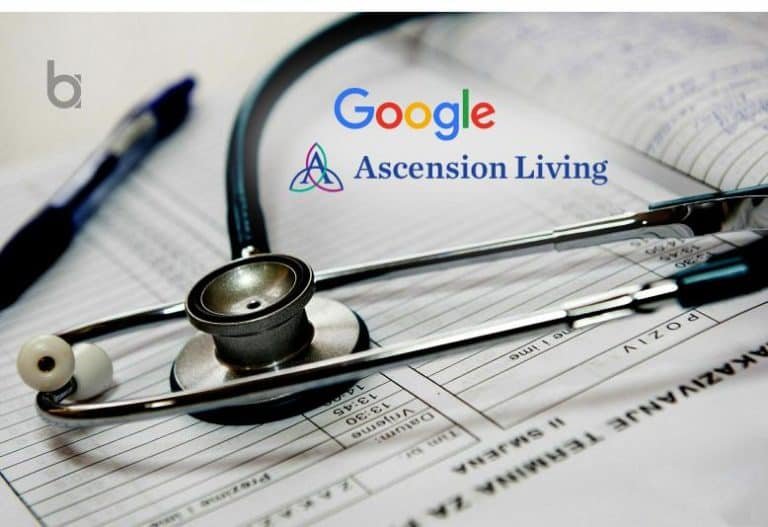Google’s Project Nightingale will help in improving clinical effectiveness
Google has been collecting the personal health data of thousands of American in a partnership with the Ascension, the second largest healthcare system in the US according to report given by The Wall Street journal.
Together, they have already launched ‘Project Nightingale’ that collects information from people across 21 state including data on lab result, diagnoses and hospitalization records, along with patient names and birthdates. The purpose of this project is reported to design health software that could help to improve clinical effectiveness on patient’s medical history.
In partnership with Google, Ascension’s infrastructure moved on Google’s cloud platform. It is also adopting Google’s G suite productivity tools. Working on this partnership with leading Health care Ascension, Google expect to transform health care data through the power of the cloud computing.
Standard practice in health care
Google has spent several years developing artificial intelligence to automatically analyse MRI scans and other patient data to identify diseases and make predictions aimed at improving outcomes and reducing cost.
According to report, Google is utilizing this health care data to develop new software with artificial intelligence to recommend certain changes in a patient’s health. The company said the deal is compliant with Health Insurance Portability and Accountability Act (HIPAA), the federal law regulating the security and privacy of certain medical information.
Tariq Shaukat, President of Google Cloud, said of the project, “By working in partnership with leading healthcare systems like Ascension, we hope to transform the delivery of healthcare through the power of the cloud computing, data analytics, machine learning, and modern productivity tools ultimately improving outcomes, reducing costs, and saving lives.”
Eduardo Conrado, Executive Vice President of Strategy and Innovations for Ascension, added, “As the healthcare environment continues to rapidly evolve, we must transform to better meet the needs and expectations of those we serve as well as our own caregivers and healthcare providers.”



